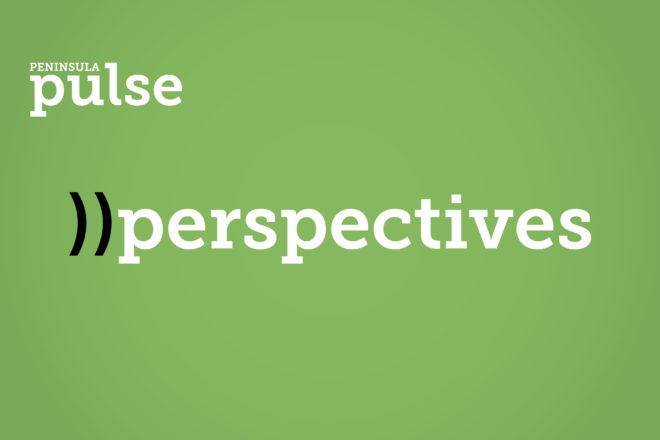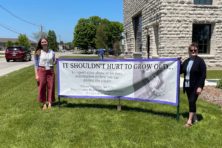Coordinated Community Response: Getting to the Root Causes of Domestic Abuse
- Share
- Tweet
- Pin
- Share

by CASSIE HITZMAN, Coordinator, Domestic Violence Intervention Project, HELP of Door County
“Any situation in which some individuals prevent others from engaging in the process of inquiry is one of violence. The means are not important; to alienate human beings from their own decision making is to change them into objects.”
— Paulo Friere
At HELP of Door County, our overarching mission is to eliminate domestic abuse through prevention and intervention services, and to advocate for social change. We work through different programs to fulfill our mission.
Our Domestic Violence Intervention Project (DVIP) is our way of getting closer to the root causes of domestic abuse. It’s an education process that works with those who have caused harm to their partners and/or children.
Through DVIP, we work with groups and in one-to-one sessions, and recently, we’ve moved from a restorative to a transformative model. Instead of putting things back as they were (restoring them), we talk about transforming the way we show up in society, and in doing so, we work to change the way society supports healthy relationships to make the world better.
Almost all domestic-violence situations are driven by a use/privilege of power and control. In the past, those of us working in this field used those same dynamics to force those who harm to stop – telling them to stop doing that to their partner by using those same techniques. Violence breeds violence.
Gandhi said, “Any attempt to impose your will on another is an act of violence.” Instead, we meet them where they are and talk about their actions, the intent behind those actions, and then, importantly, the beliefs that drive those actions. Really challenging beliefs and where they come from are the keys to changing behavior. We also address how those actions affect them, their partners and their children. We have discussions about how their past use of violence plays into how everyone involved reacts, and we look at nonviolent ways to move forward.
Accountability, then, is owning what we have done (external), understanding why we did it (internal) and making amends to those who have been hurt.
We cannot make anyone accountable. Our work involves helping those who have caused harm to understand why they did it and support them in finding ways to make amends. We frame it in a way they can understand, and we use Paulo Friere’s dialogue model. We talk. We listen. We don’t force anything. That would be like telling a child who has just hit another child to “say you’re sorry.” Instead, we need people to understand why they hurt to begin with.
Our work is effective and incredibly important. We want to change the world so that it’s free of domestic violence. This is our small part. We model healthy relationships for those who harm others. We encourage the hard work of self-reflection, challenge and change. We know that everyone matters.
This article is brought to you in part by the Door County Coordinated Community Response (CCR) to Domestic Violence and Sexual Assault Teams and the Door County Elder and Adult-at-Risk Interdisciplinary Team.

